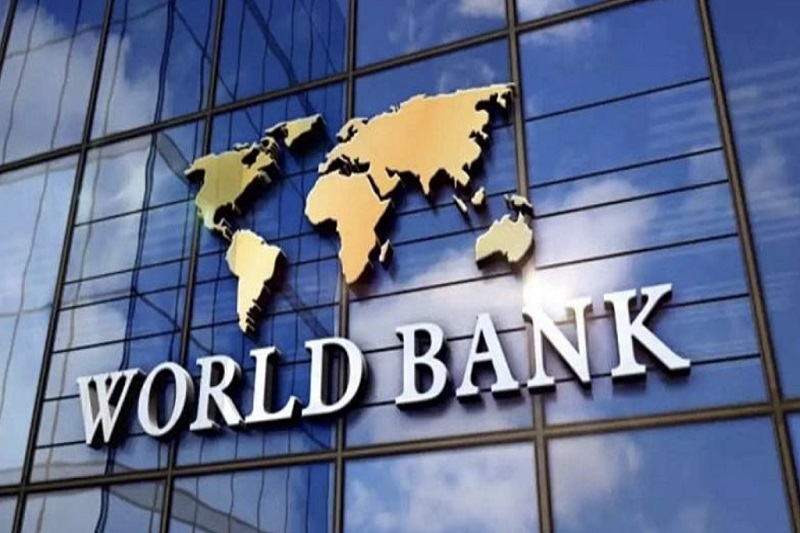Nigeria is getting ready to get rid of its expensive gasoline subsidies in June. The World Bank has given the country $800 million so it can keep its national social program going. The largest economy in Africa has allotted 3.36 trillion naira, which is equivalent to $7.3 billion, for petrol subsidies, and these subsidies will remain in place until the middle of 2023. Nevertheless, despite the fact that it will cost more than both healthcare and education put together, there are no reserves made for the costs after that time.
The government is thinking about giving workers cash transfers and free rides on public transportation as a way to make up for the negative effects that taking away subsidies will have on the poorest parts of society. The Minister of Finance has stated that the government has identified ten million families, which is equivalent to fifty million people, as part of its vulnerable list, and there are still a number of programs that are in the process of being developed.
Related Posts
In 2021, the World Bank predicted that because of COVID-19, more than 11 million Nigerians would fall below the poverty line by 2022. This would bring the overall number of people living in poverty in the country to over 100 million. This number represents more than fifty percent of the approximately two hundred million people in the population. At the moment, different levels of government are talking about the possibility of getting rid of fuel subsidies. The incoming government, which will be led by President-elect Bola Tinubu, is also involved in these discussions.
Not too long ago, Labour Minister Chris Ngige said that when the gasoline subsidy ends in June, workers in the public sector could get pay raises under Tinubu’s new government, which starts in May after Buhari leaves office.
Many Nigerians see cheap fuel as one of the few things the government does for them, even though oil exports bring in billions of dollars every year for the government. This is because the government hasn’t taken care of important things like security and energy.

